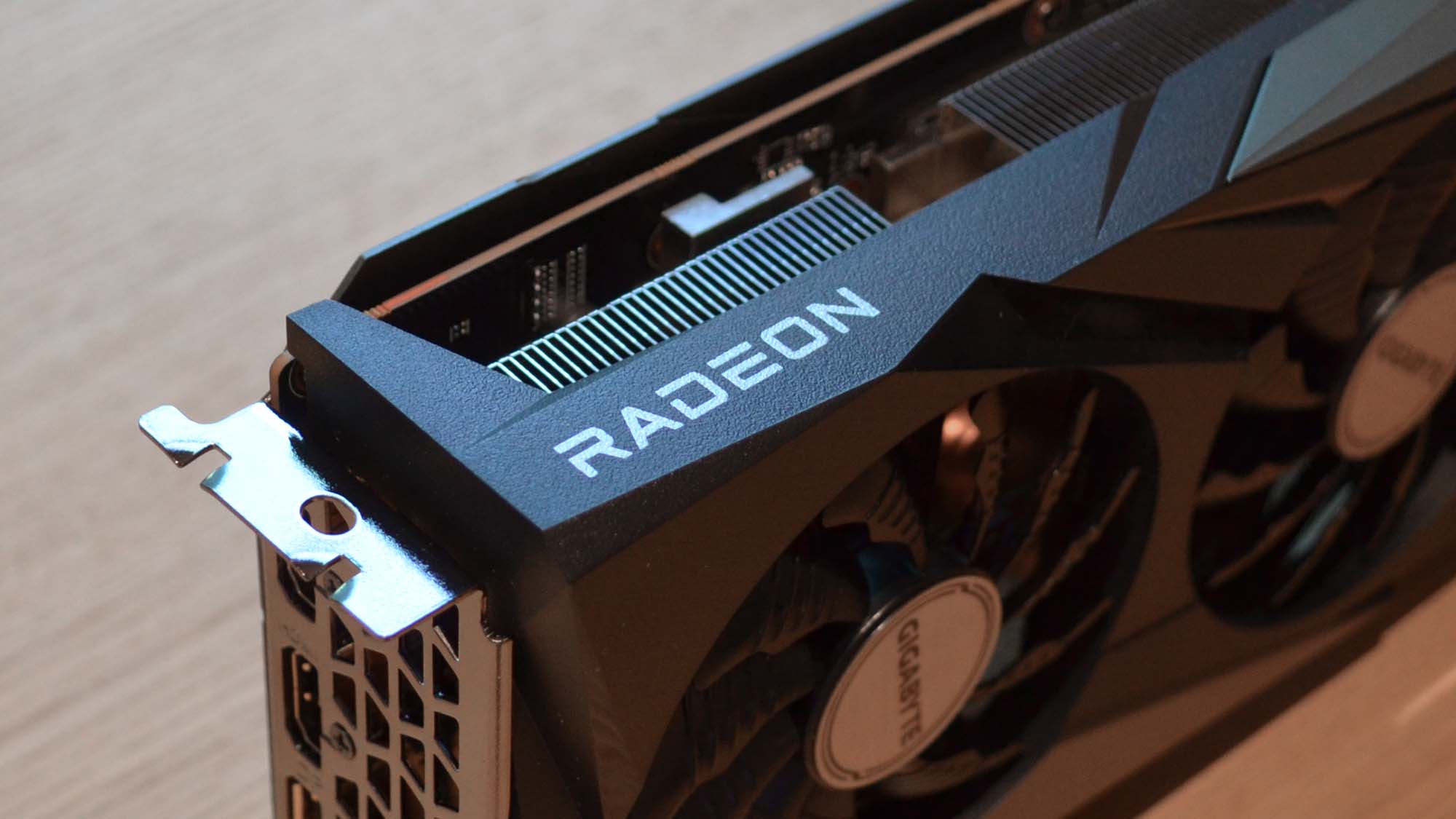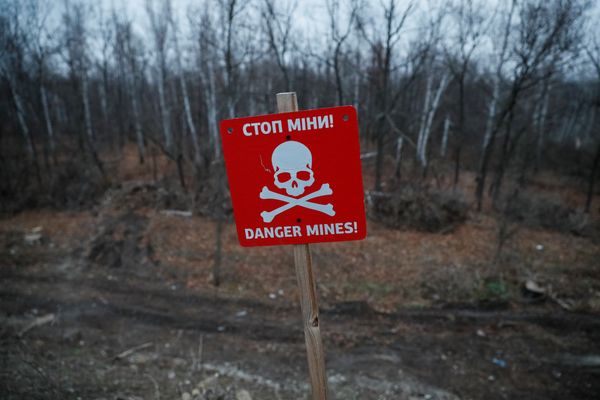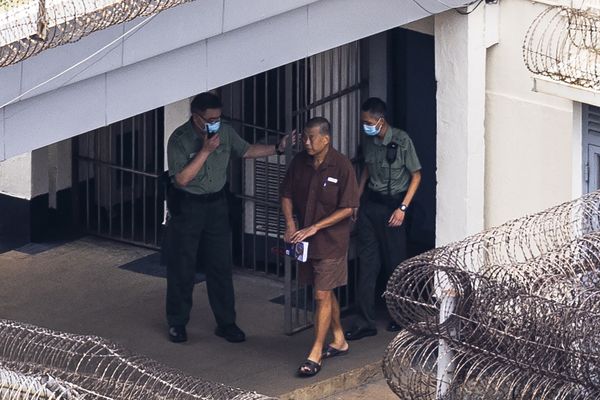
AMD has released a new tool called the Radeon GPU Detective (RGD) which allows for the capture and investigation of crashes relating to Team Red’s graphics cards.
Tom’s Hardware reports that RGD has just been released and it picks up crash dumps following an event, allowing the developer to trace and hopefully diagnose the problem.
So yes, this is not a tool for consumers to use – it’s a techie utility that goes into all sorts of fine detail.
It provides troubleshooting goodies such as page fault details, and lets the developer comb through events leading up to the crash in what’s called an “execution marker tree”. That’s basically a list of all the GPU tasks and what was going on leading up to the crash.
This is just version 1.0 of RGD, so it may still need a bit of fleshing out.
At any rate, at this point, you may be asking: why should I care about this anyway? Let’s dive into that next.
Analysis: The game is afoot
While you won’t want to use the Radeon GPU Detective, developers will (hopefully) find this a very useful tool (certainly if it works just as AMD is promising in the launch spiel for RGD).
It’ll let developers of games and software address the root cause of crashes in a swifter manner, and quite simply, that’ll lead to faster fixes – and more time to work on other (speedily applied) fixes.
In short, with RGD assisting in the squashing of bugs causing crashes, over time, we should – in theory – see AMD graphics cards crashing less often. A case in point is that we’ve heard a lot about problematic TDR (Timeout Detection and Recovery) errors that are the bane of PC gamers of late, and as Tom’s points out, RGD could be a useful extra weapon in the troubleshooting armory to stamp out these persistent problems.
So, for those with an AMD Radeon GPU, all this is something to look forward to – though we should note it’s only contemporary graphics cards that are supported (RX 6000 and RX 7000 models). Whether older GPUs will have support added in the future, we don’t know, but it seems unlikely.







